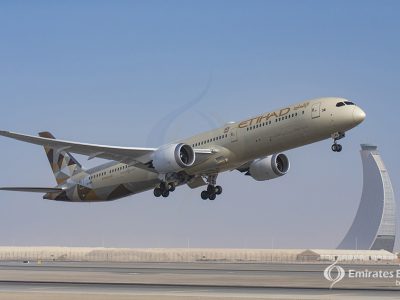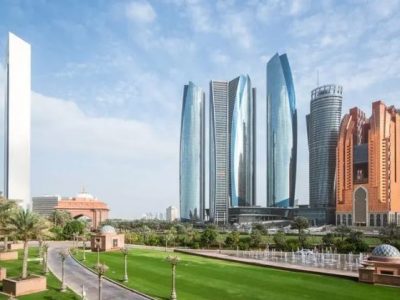The GCC has witnessed economic and infrastructural transformations during the last four decades. Oil profits have been utilized to upgrade the infrastructure, generate jobs, and improve social indices. The countries have been able to build up official reserves, keep their external debt low, and continue to be significant contributors to developing countries.
Oil has been a key source of revenue for many Arab economies for many years. The non-renewable nature of oil supplies is at the root of this long-standing issue. Due to global economic volatility, the oil price started falling heavily from 2018 onwards. In 2020, GCC lost around $20 Billion due to low oil demand along with the impact of Covid-19. Even though oil revenues account for more than 50% of GCC fiscal revenues (except for the UAE, where oil contributes only 35% of the fiscal budget), the present oil crisis will have an impact across the whole GCC.
Oil prices are expected to reduce and with the impact of the Covid-19 pandemic on oil, GCC members decided to redouble their budget reduction efforts. This is, however, insufficient. The impact of falling oil prices on the economy can be reduced in two ways: diversifying their economies and strengthening regional economic cooperation.
The GCC governments have brought about initiatives such as Bahrain vision 2030, Saudi Arabia Vision 2030, UAE vision 2021, Qatar National Vision 2030, and Kuwait vision 2035 to diversify revenue streams and transform the present economic model into one that is more stable and competitive, and less reliant on the oil sector.
GCC and reducing the dependency on oil revenue
Construction, real estate, and retail, for example, have gotten a lot of attention and money from GCC governments since they do not require a lot of R&D and innovation. Government in GCC countries have also made efforts to boost investment in the sectors such as Healthcare, technology, and telecommunications, as well as clean energy sectors like green hydrogen, energy storage, and power generation from renewable sources like wind and solar, are among them. These sectors provide employment and provide economic diversity.
Diversification efforts:
- GCC governments have attempted to diversify their economies by subsidizing industries that frequently reflect policymakers’ preferences rather than their nations’ competitive capabilities. Bahrain, which has the most limited oil deposits in the GCC, spearheaded these efforts at first. Later, the United Arab Emirates made steps to diversify its economy. In terms of creating an enabling climate for business and entrepreneurship, the UAE has been ahead of the other GCC nations. According to the World Bank, all GCC nations have made substantial progress in terms of making it easier to establish a business during the last decade. The Ease of Doing Business Index is a metric to measure the easiness of doing business in a particular country.

- In recent years, Gulf countries have adopted more diversification strategies to improve their non-oil economy. Economic diversification is one of the most important pillar of their latest national vision strategy and they have set up committees to better integrate the private sector into current economy. For example, the Saudi Arabia Vision 2030 aims to increase the share of non-oil commodities from 16% to 50% by 2030. They have also set up institutions to help SME growth and funding, such as Qatar Development Bank, Saudi Arabia’s SMEs Authority, and Riyada in Oman. SMEs generate actual economic value and employment.
- Gulf governments have implemented educational reforms aimed at better matching graduates’ skills with market demands. There is a big boost for entrepreneurship and private sector employment as compared to earlier days where the youth showed preference towards public sector jobs
- The GCC government is attempting to bring the economies of the GCC closer together and to coordinate policies. Not only will the larger regional market help with restructuring and privatization, but it will also help with collective policy reforms. This integration will enable the GCC nations to fully benefit from ongoing globalization by establishing a broader and more attractive market and improving competitiveness.
- Recent efforts to diversify the economy of the GCC countries have been boosted by encouraging industrial innovation. Greater assistance for the manufacturing, export, and logistics industries, they believe, would aid in the development of more robust, expertise-based economies. As a result of this assistance, national and international organizations have collaborated to train local talent and provide financing to the region’s expanding enterprises.
- To encourage foreign direct investment, the GCC nations have lately enacted new incentives. Regulatory, institutional, and legal structures to regulate foreign capital inflows under a largely liberal exchange and trade system are among them. In 2019, 100 percent full foreign ownership of firms has been permitted. Foreign firms’ corporate income tax has been significantly cut, administrative processes for investment clearance have been simplified, and foreign investors access to local stock markets has improved.







